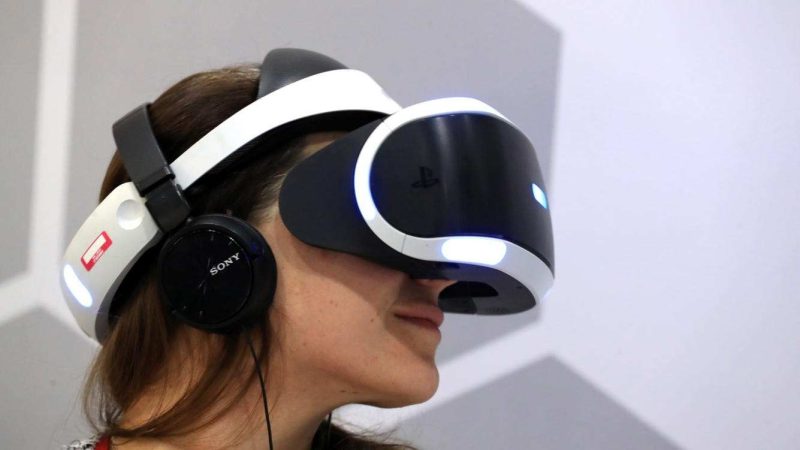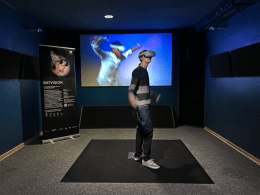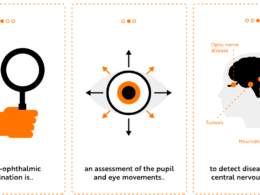Few companies are still using virtual reality to train employees. Europe's largest VR hall, the Fusion Arena in Zurich, wants to change that.
There is more to the Fusion Arena in Letzipark than meets the eye. It is not intended to be used by the general public, but also to attract companies in the B2B sector.
However, VR fun is not cheap for companies. One hour's use of the VR park costs CHF 1,000. If you want to programme your own VR application for companies - and in most cases this will probably be necessary to meet the specific requirements of a company - you can expect to pay around 30,000 to 50,000 francs for smaller projects. For complex simulations, the price climbs to several hundred thousand francs. Tobler and his team's bet: an error that is not noticed before construction is more expensive.
According to the Handelszeitung newspaper, Rony Tobler, founder of Fusion Arean, is currently in talks with a Swiss train manufacturer who could have prototypes of trains visualised. "Ultimately, it's about cost savings and efficiency gains," says Tobler. "Mistakes can be avoided before construction begins."
First the work, then the pleasure
If the Fusion Arena concept is well received, he wants to work with Coop properties to other locations in the Switzerland expand. Entertainment offers for families and business applications for companies will alternate. The morning will be reserved for companies, the evening for the fun part.
Training in transition
Tobler and his team's second bet, that companies can make better use of VR applications for their internal processes and employee programmes, is set in a larger context. This is because internal company training programmes have been changing for some time. Programmes should be quicker to implement, cheaper to run and easier to control. The best-known trend in this area is probably the so-called MOOC (Massive Open Online Courses), i.e. online mass courses for employees that can be held at several locations and in several countries. The advantage: cost savings as one expert can disseminate information to several thousand employees. The disadvantage: It is difficult to determine whether employees are really listening attentively or whether they are watching the video training alongside their Facebook or work activities. Mass voting on certain topics during the training is intended to stimulate employee activity. However, this element does not really provide any real control over how much of the content is actually received by the employees.
Playful training
Stefan Michel, marketing professor at the IMD management school in Lausannehas been observing these experiments with new training formats for some time now and has also experimented with them himself: "There are innovation tournaments, which are a combination of a live event and a virtual one. At an event moderated by us in Stockholm 350 were connected live and 5000 online. At such virtual-real events, everyone can follow the presentations and the moderator can carry out group work virtually and in real life." Michel already teaches more online than live, using his own video studio at the manager training centre. One trend that is moving in the direction of virtual reality applications is further education and employee training through games. By playing through different levels on a PC or console, behavioural patterns can be trained and decision-making processes can be analysed.
Even in recruitment, gaming approaches have become widespread in some companies, where gaming behaviour is used to draw conclusions about future behaviour as an employee. Such playful approaches could also be used in the hall in Altstetten possible.
Source: Handelszeitung









